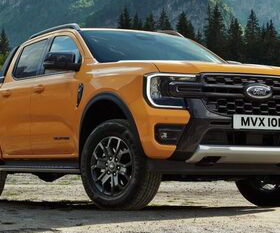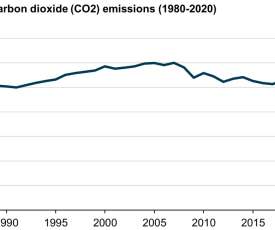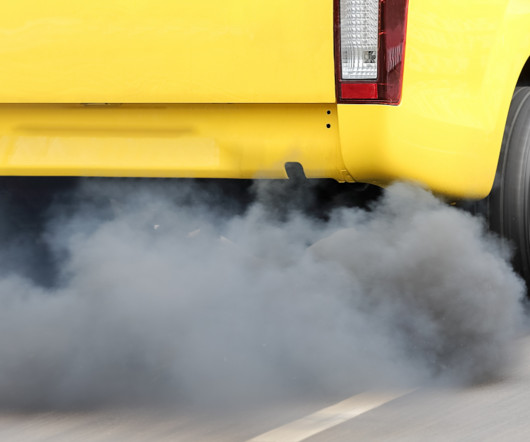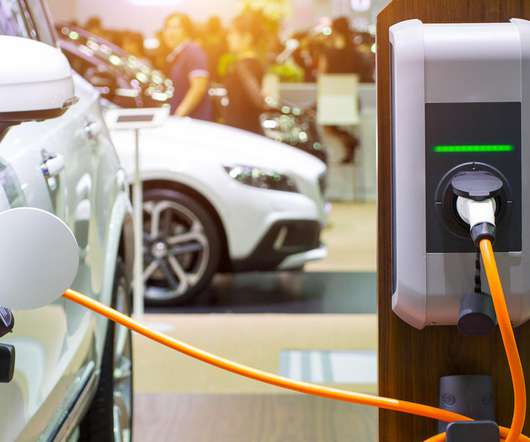ICCT: decline in diesel sales will have negligible impact on attainment of European CO2 emission standards
Green Car Congress
MARCH 19, 2018
Other technologies—such as efficiency improvements in gasoline engines as well as the rollout of hybrid electric power trains—offer more compelling and cost-effective pathways to reducing CO 2 emissions from European passenger cars, the ICCT says. For instance, hybrid electric vehicles and diesel cars in the small (e.g.,



































Let's personalize your content